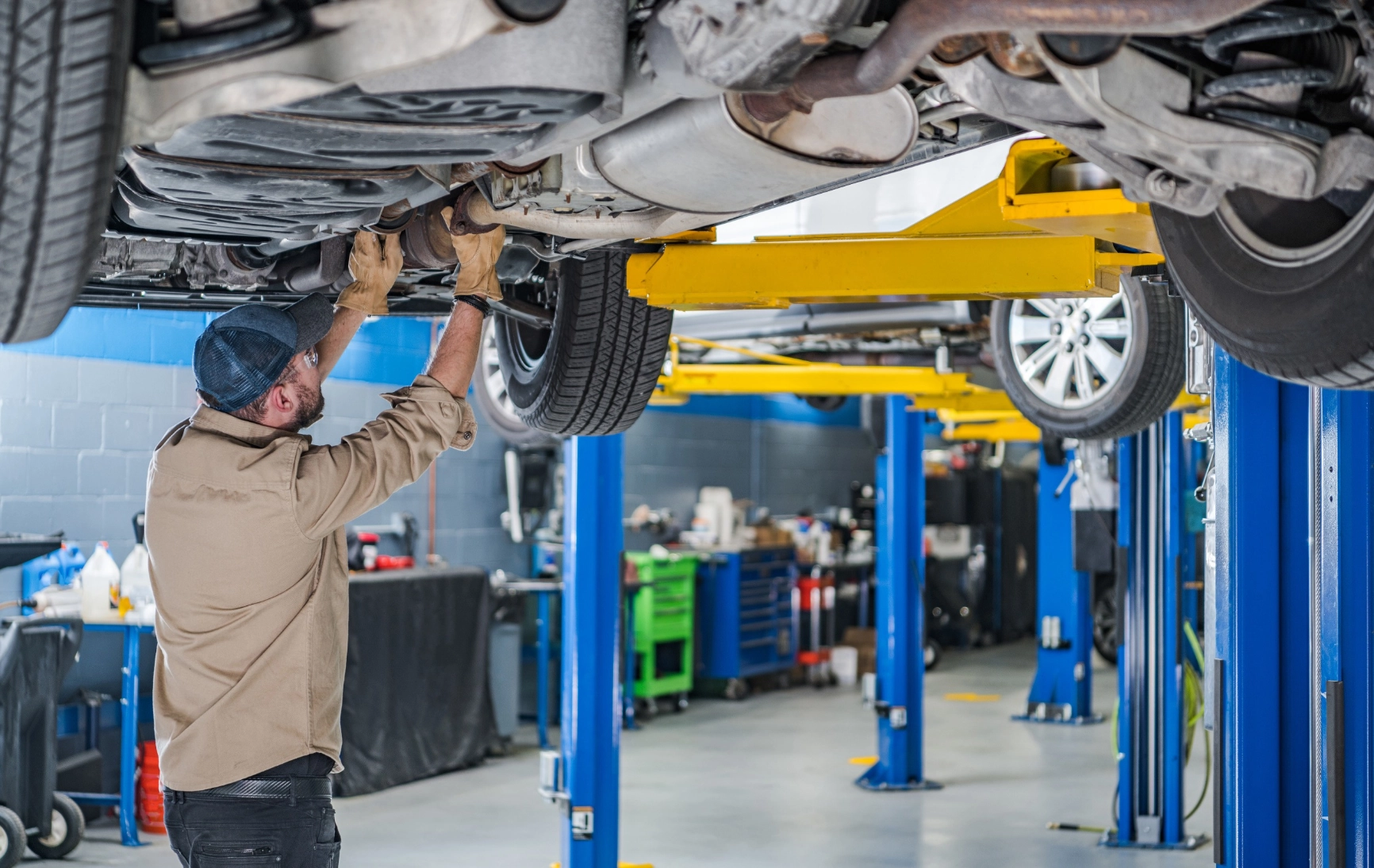All Categories
Featured

Your car's engine is the heart of your automobile, and maintaining it in leading problem is essential for optimal performance and longevity. Regular engine tune-ups are a wonderful method to keep your car's wellness, boost gas efficiency, and stay clear of costly repair services down the roadway. Whether you're a vehicle lover or someone who just wishes to maintain their vehicle running smoothly, these engine tune-up pointers will aid you get the most out of your car.
- Replace Spark Plugs. Spark plugs play a crucial function in starting your engine and making sure smooth combustion. With time, ignition system can come to be filthy or broken, bring about misfires, decreased gas performance, and harsh idling.
During an engine tune-up, examine and change your stimulate plugs if required. Most vehicles need brand-new spark plugs every 30,000 to 100,000 miles, relying on the kind. Routinely replacing spark plugs ensures proper ignition and optimum engine performance.
- Examine and Tidy the Air Filter. The air filter prevents dirt, dirt, and particles from entering your engine. A stopped up or dirty air filter restricts airflow, triggering your engine to function tougher and shed even more gas.
Examine your air filter throughout a tune-up and replace it if it's filthy. In dirty settings or locations with heavy contamination, you might require to transform the air filter a lot more regularly. A clean air filter can boost gas effectiveness and prolong the life of your engine.
- Evaluate and Replace Belts and Hoses. Belts and tubes are crucial for numerous engine functions, such as powering the generator, water pump, and a/c system. Gradually, these components can break, fray, or break, possibly resulting in break downs.
During a tune-up, check belts and hose pipes for indications of wear and change them if required. Changing these parts proactively can conserve you from costly repairs and avoid unanticipated failings.
- Tidy the Fuel System. Your fuel system, including the gas injectors and fuel lines, can collect dust and carbon down payments over time, reducing engine efficiency. Cleaning up the fuel system during a tune-up assists enhance performance and gas economic situation.
You can utilize a gas system cleaner or have an expert mechanic execute a much more thorough cleaning. This action is specifically important for older cars or autos that often drive in stop-and-go web traffic.
- Check the Battery and Charging System. A healthy battery is vital for starting your engine and powering electrical elements. During a tune-up, inspect the battery terminals for rust and make certain the links are limited.
Inspect the battery's voltage and replace it if it shows indicators of weakness. Additionally, have the generator and charging system tested to guarantee your battery remains billed throughout operation.
- Change the Engine Oil and Oil Filter. Oil modifications are a fundamental part of engine maintenance. Engine oil lubricates relocating parts, decreases friction, and helps manage engine temperature. In time, oil comes to be polluted and loses its efficiency.
During a tune-up, replace the engine oil and oil filter to keep your engine running efficiently. Follow your automobile's manufacturer referrals for oil kind and modification periods.
- Evaluate the Cooling System. The air conditioning system stops your engine from overheating. In time, coolant can deteriorate or end up being infected, reducing its effectiveness.
Examine the coolant level and condition during a tune-up, and flush and change it if required. Evaluate the radiator, water pump, and hose pipes for leaks or damages. A well-maintained air conditioning system helps your engine run at the right temperature level and prevents getting too hot.
- Test the Ignition System. A faulty ignition system can cause starting issues and minimized engine efficiency. Throughout a tune-up, check the ignition coils, distributor cap, and blades (if appropriate) Change any kind of elements that reveal indicators of wear or damage to make sure smooth and trusted engine procedure.
- Pay Attention for Unusual Noises. Throughout a tune-up, take the possibility to listen for any type of uncommon engine noises, such as knocking, ticking, or hissing. These audios can indicate underlying concerns, such as shutoff troubles, loosened elements, or exhaust leaks. Resolving these problems early can protect against more extensive damages.
- Usage High Quality Parts and Fluids. When carrying out an engine tune-up, constantly make use of premium components and fluids that meet your automobile supplier's requirements. Cheap or incorrect elements can jeopardize your engine's performance and integrity.
Verdict: A Well-Tuned Engine is Key to Longevity. Routine engine tune-ups are essential for keeping your car's efficiency, effectiveness, and integrity. By changing worn parts, cleansing vital systems, and addressing potential problems, you can keep your engine running efficiently for many years ahead. Whether you're doing it yourself or counting on a relied on mechanic, purchasing tune-ups is a wise method to protect your lorry and delight in a much safer, smoother trip.
Latest Posts
Grab Limited-Time Auto Repair Specials in Chicago at Montclare Auto Repair
Discover Budget-Friendly Auto Repairs with Montclare’s Monthly Service Specials
Explore the Top Auto Repair Discounts in Montclare, Chicago
More
Latest Posts
Grab Limited-Time Auto Repair Specials in Chicago at Montclare Auto Repair
Discover Budget-Friendly Auto Repairs with Montclare’s Monthly Service Specials
Explore the Top Auto Repair Discounts in Montclare, Chicago